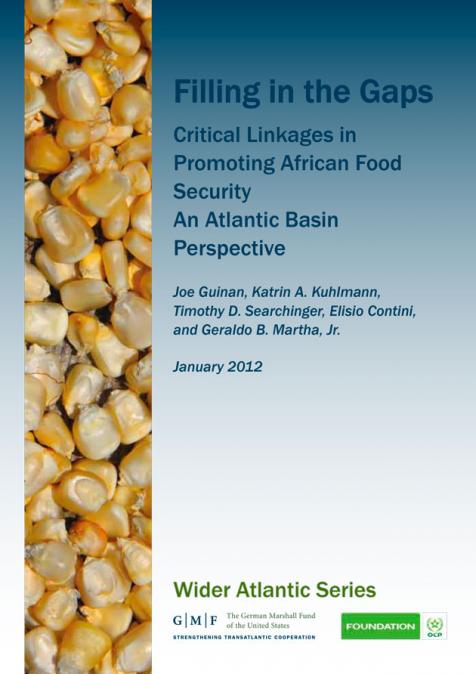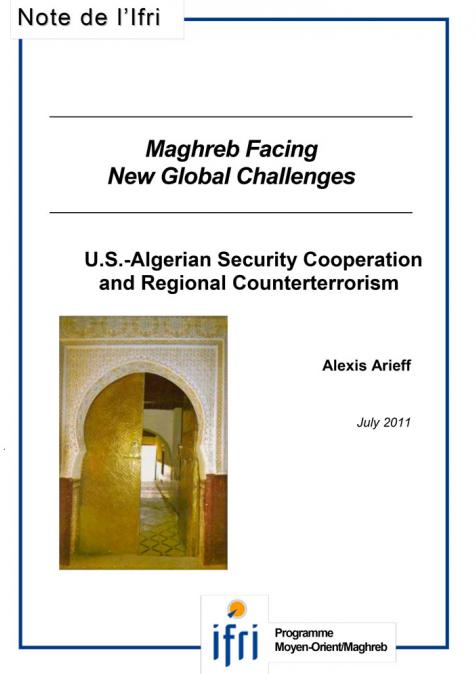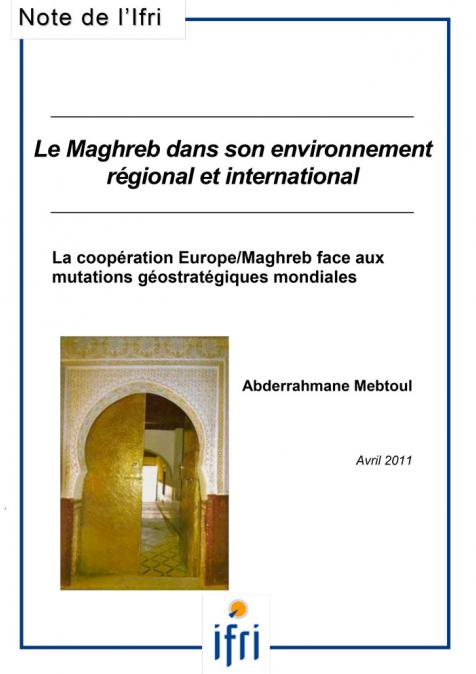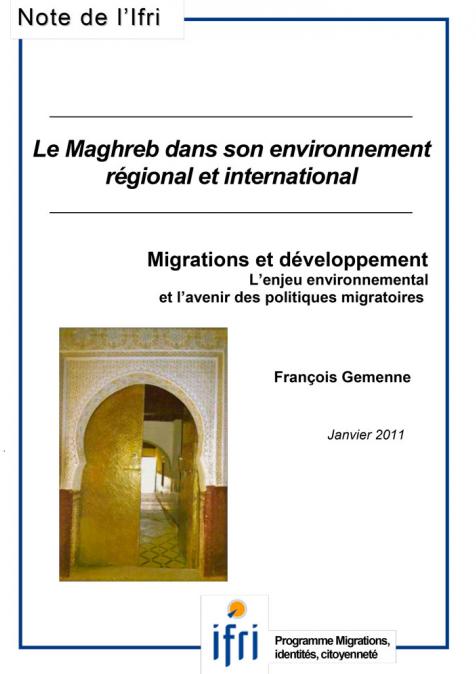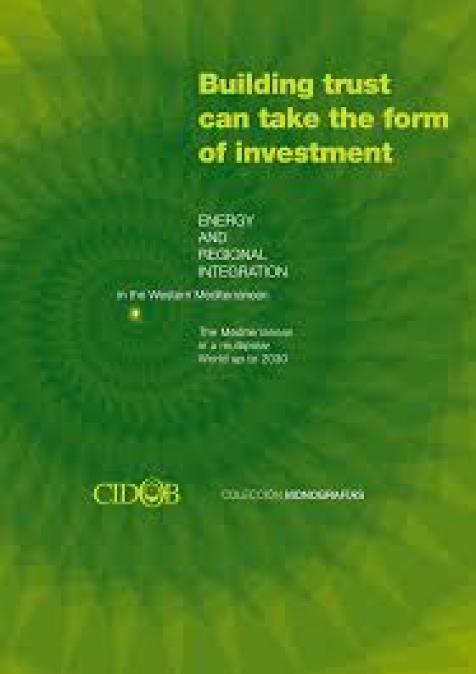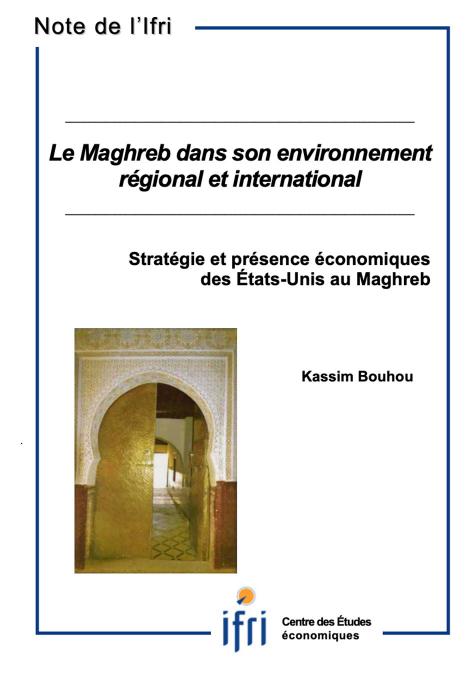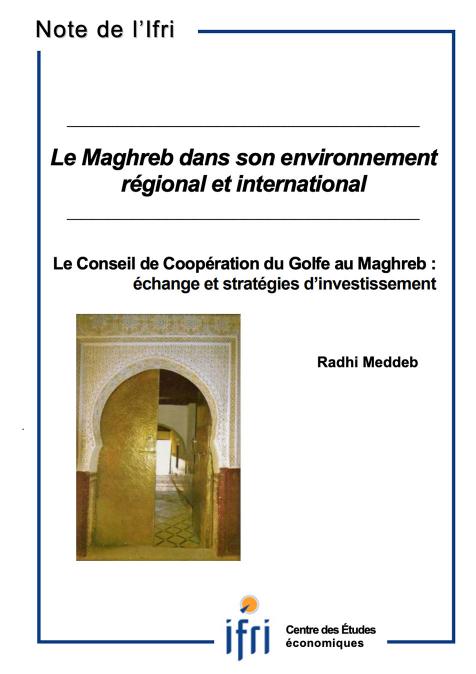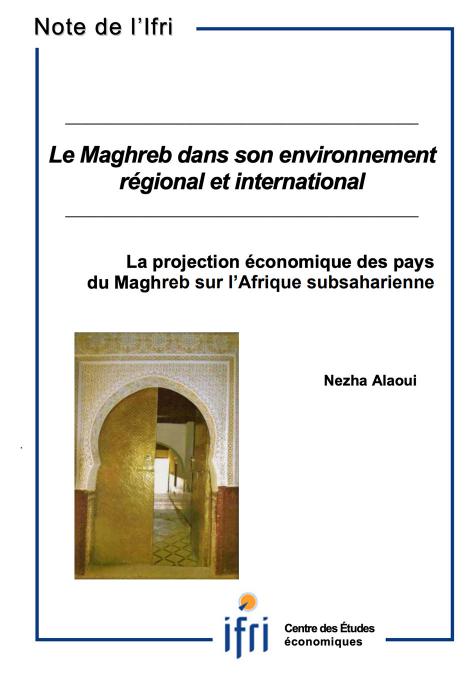يخصص مركز السياسات من أجل الجنوب الجديد حلقة برنامجه الأسبوعي "حديث الثلاثاء" لقراءة التطورات الحاصلة 2022 يوليوز 25بتونس، منذ إعلان حالة الإستثناء يوم مع عبد السلام جلدي، باحث في العلاقات الدولية والسياسات العامة بمركز السياسات من أجل الجنوب الجديد وياسمين وردي عكريمي، باحثة بمركز بروكسل الدولي
نعود خلال هاته الحلقة إلى فحص الأزمة الدستورية التي تعيشها تونس منذ إعلان حالة الإستثناء التي حولت البلاد من ديمقراطية في أزمة إلى نظام استثنائي ، فضلاً عن خصائص الجمهورية التونسية الثالثة، في ظل أزمة اقتصادية و إجتماعية حادة تهز البلاد وتهدد ماليتها بالإفلاس
Speakers

Akram Zaoui
Manager – Research Support & Public Policy Lab
Akram Zaoui is an International Relations Specialist at the Policy Center for the New South, where he works on the geopolitics of the Middle East and North Africa. After several experiences that led him to work for public and private entities in Jordan, Tunisia and the United Arab Emirates, he devoted himself for almost 2 years to the issue of Islam in France. In this context, he has contributed to academic productions and field missions and has been in charge of the coordination, preparation and evaluation of the action of different actors involved in the issue (public institutions, private operators, civil society organizations and personalities, media, and academic institutions and researches,). He holds a Dual Degree in Corporate and Public Management from HEC Paris (“Prog ...

Abdessalam Saad Jaldi
International Relations Specialist
Abdessalam Jaldi is an International Relations Specialist, with a focus on International Law and International Relations. He is currently working in the Policy Center for the New South as a core member of an analytical study examining the Maghreb mutations, the Euro-African relations, the new tendencies of international law and the influence of India and Africa. Ph.D Doctor in Law from France in 2018, he has four years of experience working in non-profit, social research and electoral observations.
...

Yasmine Akrimi
Analyste de recherche sur l'Afrique du Nord au Brussels International Center (BIC)
...

